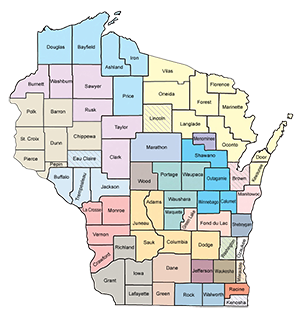 (Medical Xpress)—Researchers at Portland State University (PSU) and Harvard University have found that low-income children who participate in Early Head Start are less likely to suffer abuse at home than their peers who are not in the program.
(Medical Xpress)—Researchers at Portland State University (PSU) and Harvard University have found that low-income children who participate in Early Head Start are less likely to suffer abuse at home than their peers who are not in the program.
Early Head Start is a federal program that provides services – including medical, mental health, nutrition and education—to low-income families with children up to age 3. Parents can apply to be part of the program, and often are referred to it by doctors and other professionals, according to Beth Green, director of early childhood and family support research at PSU’s School of Social Work.
Green and her research team looked at 13 years of data covering 1,247 children and their families in six states. Half the families received Early Head Start services, and the other half did not. They found that families and children who had received Early Head Start services were significantly less likely to be reported to child welfare agencies – a measure of child abuse or neglect – in the years after being part of the program (up to age 14) than the children and families who did not receive services.
“This is the first study that shows a link between Early Head Start and preventing child maltreatment,” Green said. “From these results, we think the program reduces risk factors. It sets families on a trajectory to greater stability and better parenting.”
Half the mothers in the study sample had less than a high school education. Most were unemployed, and a quarter were living with a spouse. Twenty-two percent were living in extreme poverty, earning only 33 percent of the federal poverty limit.

